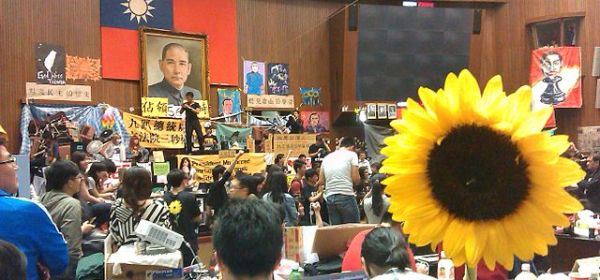Written by Jonathan Sullivan. Taiwan has concluded its eighth direct election of the Republic of China (ROC) President. It was not a pivotal, watershed or critical election, and it was not a contest between war and peace or the embodiment of democracy vs authoritarianism; it was an entirely normal election. The main issues (China, the economy), turnout (71%), the communications environment (parochial and partisan), the candidates’ micro-scandals (this time round requiring knowledge of esoteric building code and land-use regulation), the boisterous rallies and hustings etc were all familiar and part of the routine functioning of Taiwanese democracy. The Central Election Commission once again organised a flawless election. The nuts and bolts of voting stations in temples and school gyms, accurate and fast analogue counts, volunteers getting people lined up and in and out smoothly, etc, are the little things that add up to a big sum.












